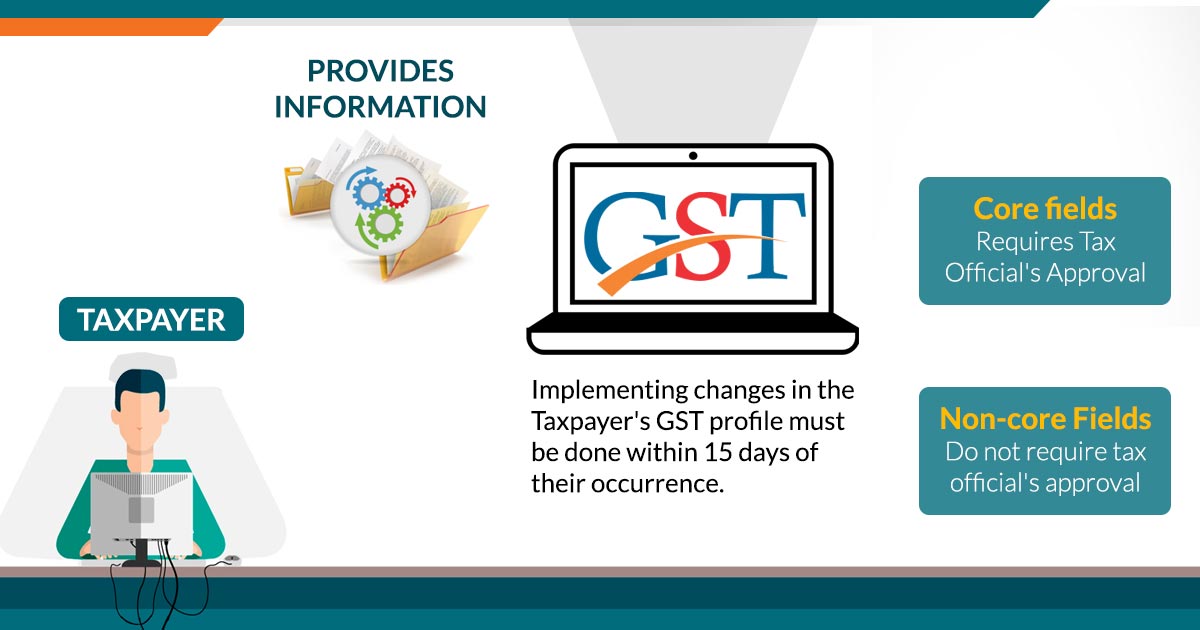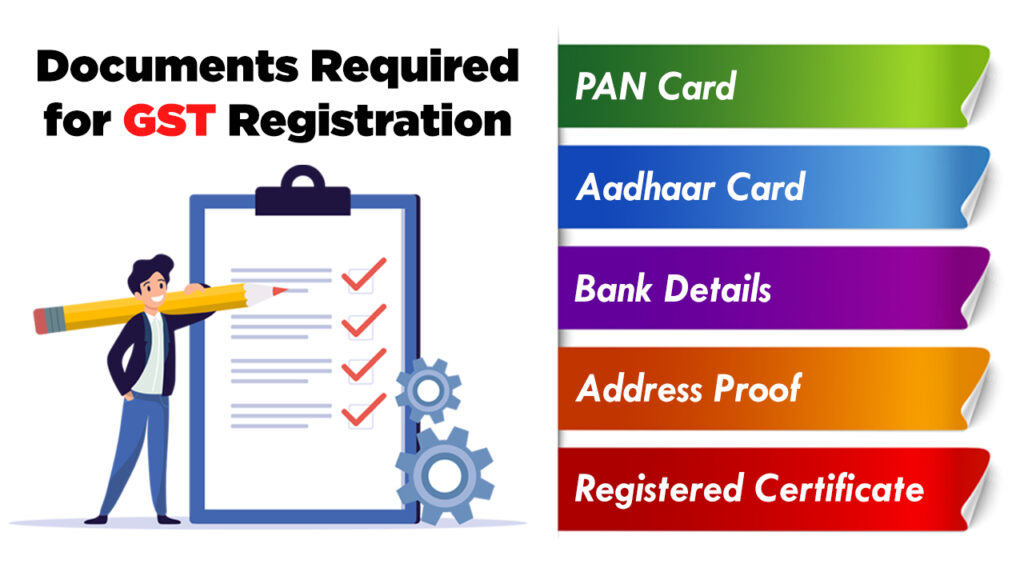Singapore GST Registration: What You Need to Know Before Applying
Browsing the Complexities of GST Enrollment: Expert Tips and Finest Practices for Easier Compliance
Navigating the detailed landscape of Item and Provider Tax (GST) registration requires an eager understanding of the developing governing structure and meticulous interest to detail. As businesses strive to make sure conformity and avoid mistakes, professional support and finest methods can act as very useful compass factors in this facility surface. From figuring out enrollment needs to harnessing technological tools for streamlined processes, the journey towards smoother GST compliance is multifaceted and nuanced. Stay tuned to discover vital methods and understandings that can aid organizations guide via the intricacies of GST enrollment with skill and self-confidence.
Recognizing GST Registration Demands

Along with turn over thresholds, companies engaging in interstate sales or offering taxed solutions may also be called for to register for GST, also if their turn over is below the prescribed restriction (Singapore GST Registration). Recognizing these thresholds and requirements is important to stay clear of charges and ensure smooth procedures within the legal structure
Moreover, companies must collect and prepare the necessary documents, such as proof of identification, address, business consolidation, and bank account information, prior to starting the GST enrollment process. Stopping working to provide precise details or satisfy the enrollment deadlines can lead to penalties or other lawful consequences. Organizations should stay notified concerning the specific GST registration requirements suitable to their procedures to maintain compliance and prevent possible issues.
Organizing Necessary Documents
Companies getting started on the GST enrollment process need to carefully put together and organize the necessary documentation needed for submission. The crucial files normally needed for GST registration consist of proof of organization enrollment or consolidation, identification and address proofs of the company owners or partners, bank account information, evidence of major area of service, and permission types. Making certain that these records are easily available and organized can enhance the enrollment process and prevent delays or rejections.
To properly organize vital documentation, businesses should develop a centralized system for storing and classifying the needed paperwork (Singapore GST Registration). Utilizing electronic storage space options can assist preserve very easy access and ensure that papers are safely stored. Additionally, developing a checklist of all necessary records can serve as a practical tool to track what has been gathered and what is still needed for entry

Leveraging Innovation for Efficiency
Enhancing functional performance through technological assimilation is vital for contemporary organizations navigating the complexities of GST enrollment. Leveraging modern technology can streamline processes, reduce errors, and make sure prompt compliance with GST policies. Among the crucial ways modern technology can help in GST registration is with making use of automated software options. These tools can aid companies track sales, generate billings, calculate tax obligations, and send returns accurately. By automating these jobs, companies can save and lessen manual mistakes time that would certainly otherwise be invested in repetitive management work.
Additionally, modern technology can assist in seamless interaction with tax authorities. Online websites and communication devices enable businesses to view website send files, deal with questions, and receive updates in an extra effective way. This not just expedites the registration procedure yet also assists in preserving dependable and clear interaction with the pertinent authorities.
Furthermore, cloud-based storage services supply a safe system for organizations to shop and accessibility their financial data, ensuring compliance with GST record-keeping requirements. By streamlining data storage and automating processes, businesses can enhance their overall efficiency and precision in GST enrollment treatments.
Proactive Conformity Monitoring

To make sure effective proactive conformity surveillance, organizations must develop durable internal controls, conduct routine audits, and utilize automation tools for real-time tracking of GST purchases. Normal training sessions for workers on GST compliance needs can also aid in creating a society of compliance within the company. Additionally, involving with tax professionals or professionals can give useful understandings and assistance on browsing complicated GST laws.
Engaging With Specialist Consultants
Involving seasoned tax obligation experts can considerably bolster a business's understanding and compliance with elaborate GST laws. Expert professionals bring a wealth of knowledge and experience to the table, aiding companies browse the intricacies of GST registration easily. By leveraging their experience, companies can make sure exact filings, minimize the danger of mistakes, and stay updated with the most up to date regulatory modifications.
When engaging with specialist professionals, it is important to select specialists with a strong track record in GST conformity (Singapore GST Registration). Look for specialists that have a deep understanding of the appropriate laws and policies, in addition to experience collaborating with organizations in your industry. Effective communication is key in this partnership, so make sure to clearly define your assumptions and develop regular touchpoints to discuss progress and attend to any kind of concerns
Moreover, specialist specialists can provide important understandings and recommendations on maximizing your tax obligation method, recognizing prospective cost-saving chances, Continued and streamlining your compliance processes. Generally, buying specialist working as a consultant solutions can go a long means in ensuring smoother GST compliance and staying clear of pricey errors.
Final Thought
To conclude, browsing the intricacies of GST registration requires an extensive understanding of the requirements, company of essential documents, leveraging modern technology for effectiveness, proactive conformity tracking, and engagement with specialist specialists. By following these ideal methods, companies can ensure smoother conformity with GST policies and avoid prospective penalties or penalties. It is necessary to stay educated, positive, and thorough in managing GST enrollment to keep conformity and maintain financial honesty.
To make certain conformity with tax obligation laws, organizations have to thoroughly recognize the detailed needs for GST enrollment. Goods and Services Tax (GST) is a value-added tax imposed on a lot of items and solutions in a nation, making it critical for organizations to register for try these out GST to avoid lawful effects.Additionally, services must gather and prepare the needed documents, such as proof of identity, address, service unification, and bank account information, prior to launching the GST registration process. Services need to stay informed regarding the details GST registration demands appropriate to their operations to preserve compliance and prevent possible concerns.
The vital documents usually required for GST enrollment consist of evidence of service enrollment or unification, identification and address evidence of the business proprietors or partners, bank account information, proof of primary area of service, and permission forms.